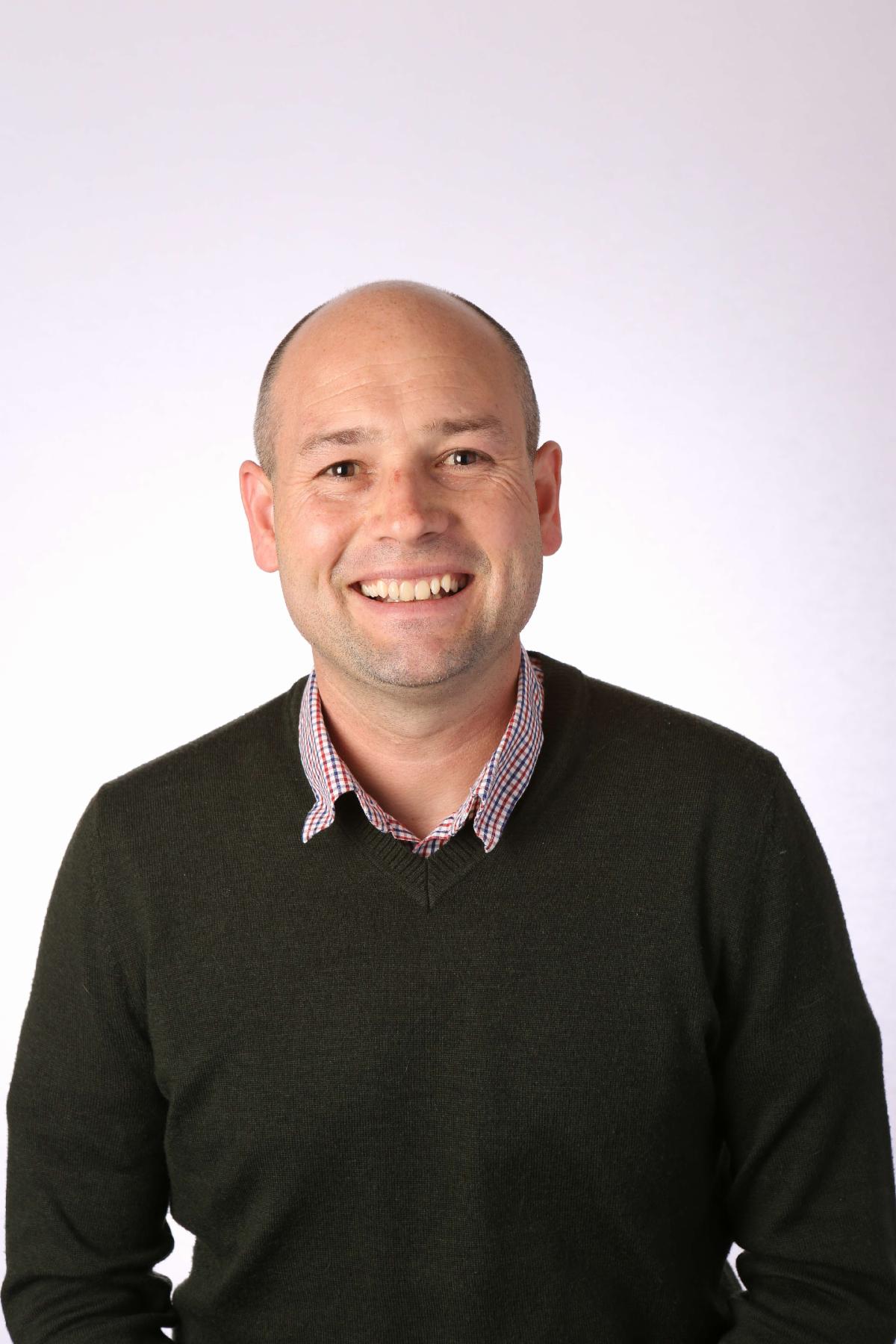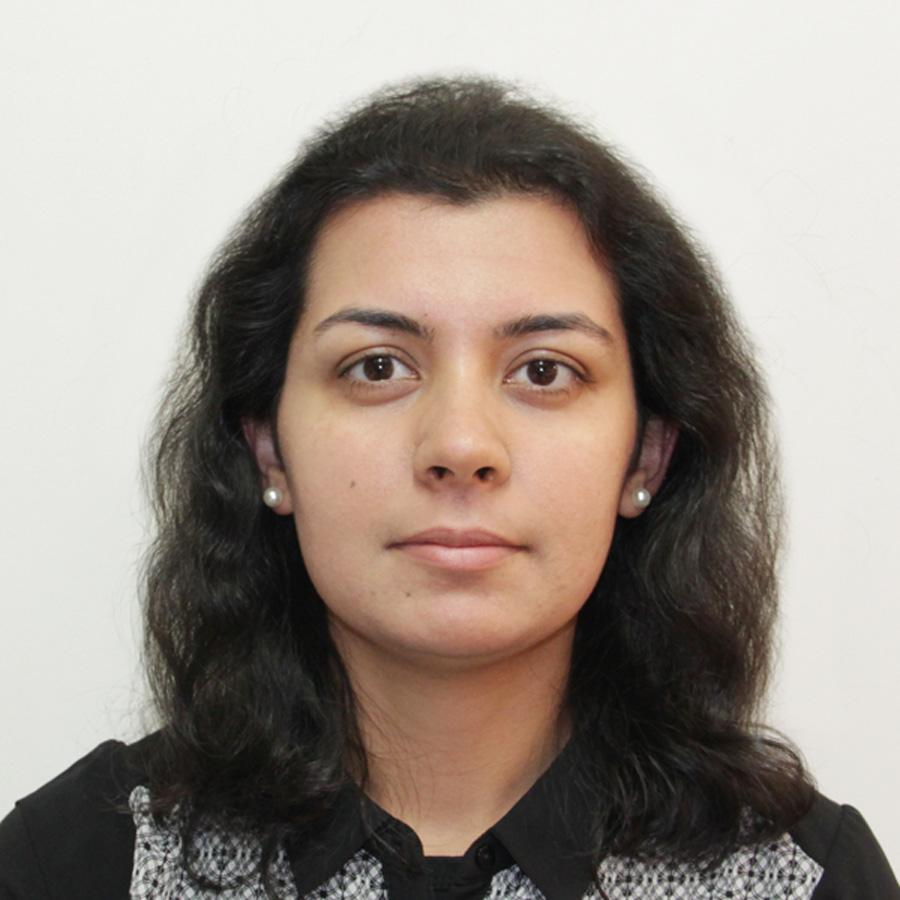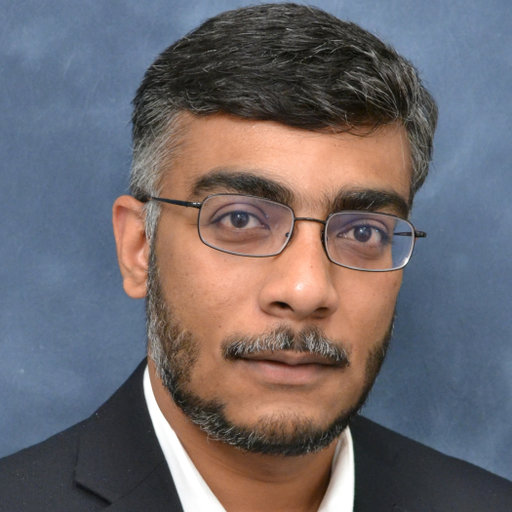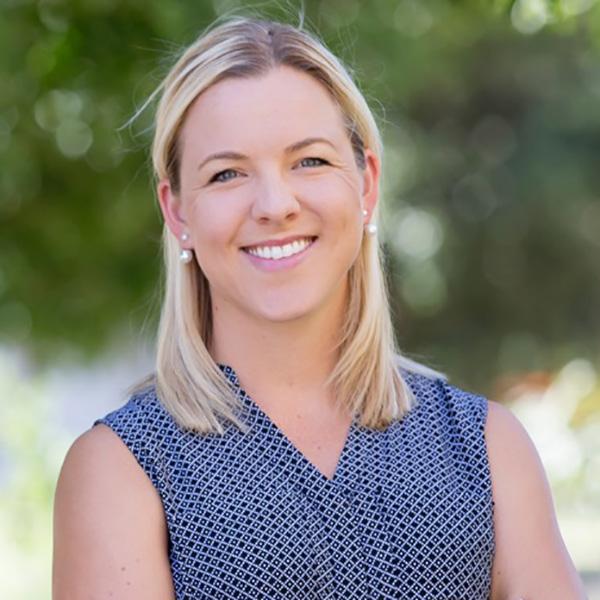Thu, Aug 27, 2020 5:00 PM – 6:30 PM EDT

Extreme heat has wide-ranging impacts on health, occupations, energy use, and the economy. Current and future conditions of extreme heat affect the livelihoods of communities and people globally, yet the impacts are unevenly distributed and novel strategies are needed to push beyond one-size-fits-all approaches to protect the most vulnerable in a sustainable way. In this second SSF Extreme Heat webinar of the summer, international experts explore the understanding of urban and personal heat mitigation strategies to lessen impacts, providing global viewpoints and best-practices, with an emphasis on the use of new knowledge and preparations to reduce future life and economic losses. Watch Panelists Ollie Jay, Shubhayu Saha, Arunima Malik and Moderator Jennifer Vanos for this timely session.
MEET THE PANEL

Dr. Ollie Jay, Associate Professor
Ollie is an Associate Professor of Thermoregulatory Physiology and Director of the Thermal Ergonomics Laboratory in the Faculty of Medicine and Health at The University of Sydney, Australia (2014-Present), and Lead Researcher of the Charles Perkins Centre (CPC) Research Node on Climate Adaptation and Health. His research activities primarily focus on developing a better understanding of the physiological and physical factors that determine human heat strain and the associated risk of heat-related health problems during work and/or sport, as well as among vulnerable people during heatwaves.

Dr. Arunima Malik, Lecturer
Arunima Malik is a Lecturer at ISA, School of Physics and the Sydney Business School. Arunima’s research interests include full supply-chain sustainability analysis of introducing new industries in an economy, triple bottom line and footprint assessments, and hybrid life cycle assessments. She has analysed the economic, social and environmental impacts of potential biofuel industries in Australia.

Dr. Shubhayu Saha, Health Scientist
Shubhayu Saha is a health scientist with the Climate and Health program at the Centers for Disease Control and Prevention (CDC), USA. Dr. Saha conducts research on issues around the public health risk and adaptation associated with climate change; develops data tools to translate complex climate science for public health practice, and develops frameworks to enhance capacity among public health agencies to prepare for climate change.

Dr. Jennifer Vanos, Assistant Professor
Jennifer Vanos holds an interdisciplinary faculty appointment spanning environmental and human health within the School of Sustainability at Arizona State University. Her research within human biometeorology centers around extreme heat and health, air pollution exposure, and children’s health in urban areas.
